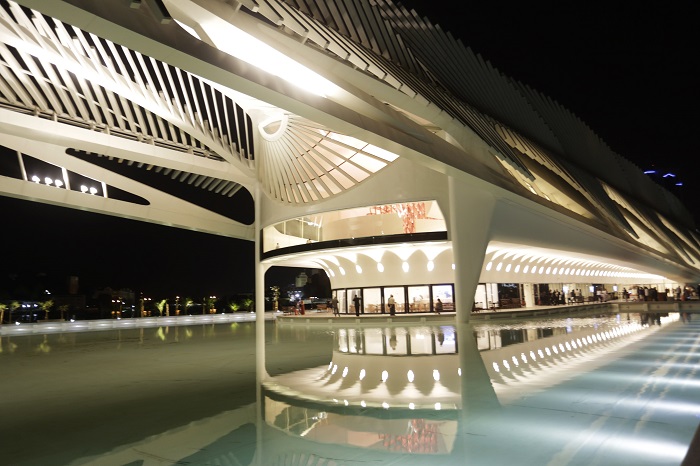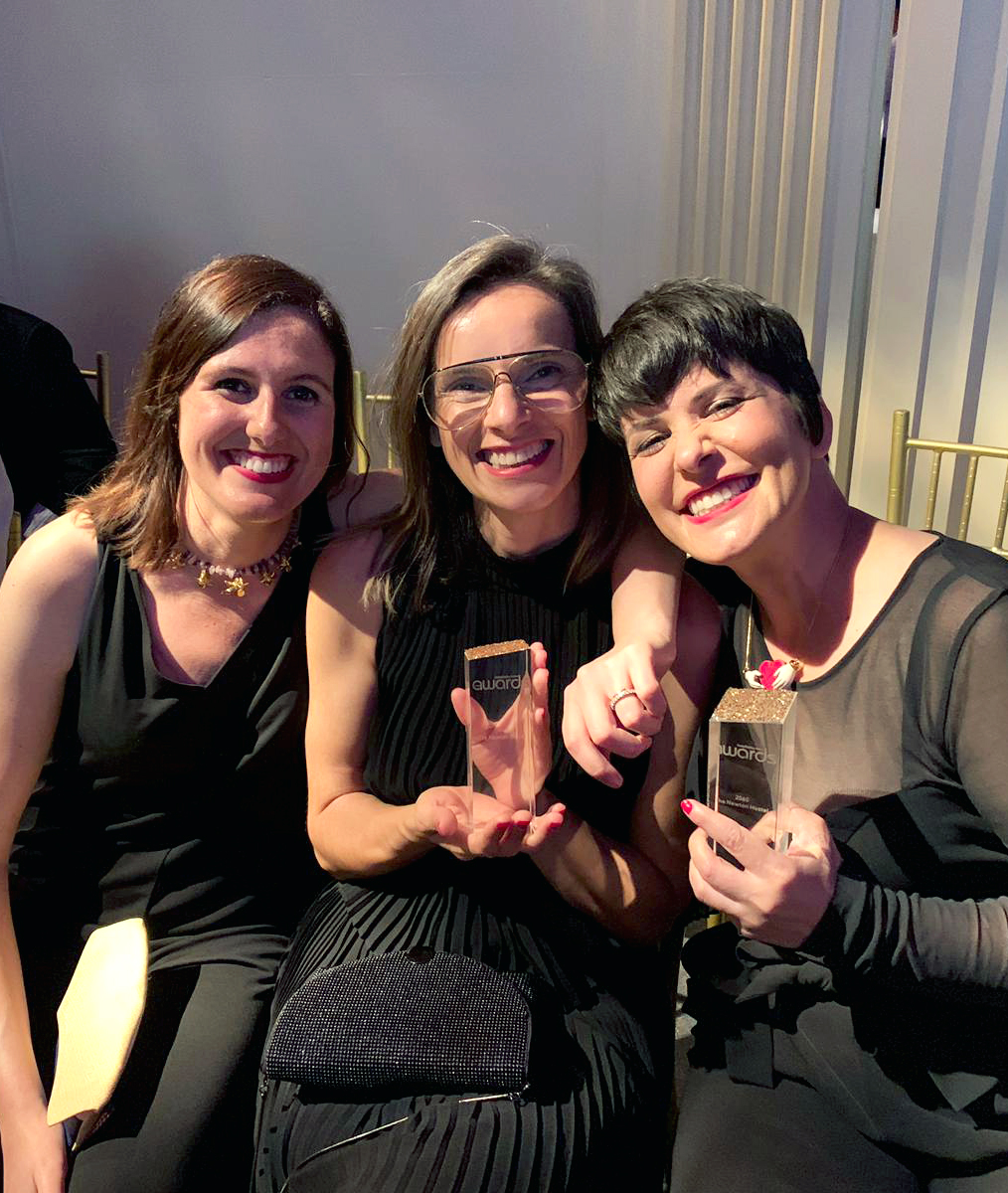Solaris Offgrid: Lighting Up the World
Valencia is an international city and one of its latest successful startups proves the point.
Solaris Offgrid was founded by two Frenchmen and an Englishman; and that’s no joke.
Cheap, sustainable energy for developing countries is the concept behind their project
With only 40,000 euros seed capital Benjamin David, Siten Mandalia and Thibault Lesueur started a companythat ould enable anyone anywhere to watch TV or turn on a light in their homes.
Siten Mandalia is the English one third of the project and his family origins in Kenya mixed with his studies of engineering at the Imperial College of London explains some of his concerns. That and the 1,000,000,000 people in the world without electricity.
Having developed the hardware and software and adaptors that enable their system to work, the next problem was price.
This was overcome by staggering small payments of between four and seven euros a week over two years, paid through their mobile phone.
Their idea was put to the test in Mwanza, Tanzania, a region with only 15% of the population enjoying the benefits of electricity.
Lesueur spent two years there setting up the project and training staff, who now number over 100.
More than 20,000 people are now plugged in thanks to their efforts, and their success has opened up doors, and sockets, in almost twenty countries, such as Guatemala, Haiti, Senegal, Burkina Faso, Nigeria, Cameroon, Uganda, Mozambique, Cambodia, India and Indonesia.
They chose Valencia because here they were able to take advantage of The Nest, created by Margarita Albors to foment the creation social companies. They also receive help from Imperial College and a subsidy from Climate KIC, an EU organisation.
Once in Valencia, and after reaching the point of almost giving up, they achieved help from local engineer Iker Marcaide.
See our article: http://valencia-international.com/imagine-montessori-valencia/
They are now working with the UN in Haiti on a project to bring electricity to 30,000 homes and hope to reach 10 million people globally by 2022.
Solaris Offgrid cuenta con el apoyo de diversas organizaciones, que confían en la compañía para reducir la pobreza energética. Por ejemplo, el fondo de impacto social de Francia les dio en febrero un préstamo de medio millón de euros que convirtieron en máquinas. En Haití están involucrados en proyectos financiados ONU con los que apoyan con su software la instalación en 30.000 viviendas. Su objetivo es ayudar a 10 millones de personas para 2022.






Recent Comments